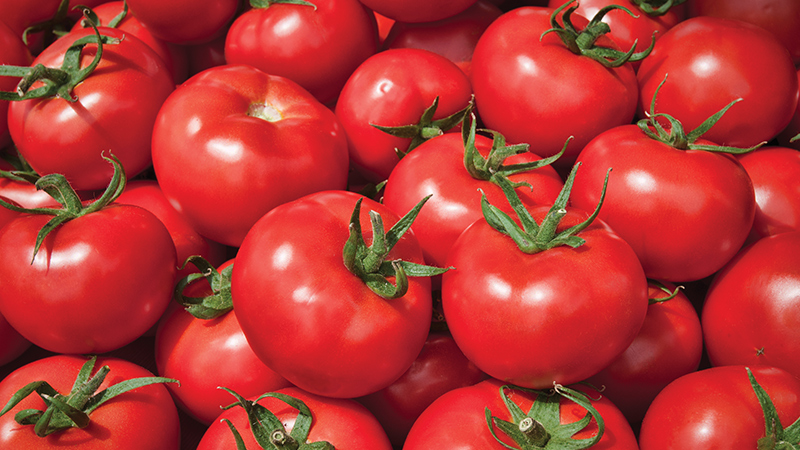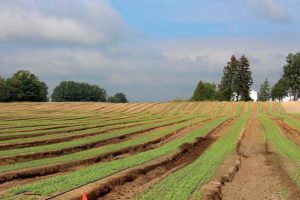Go East, Young Grower [Opinion]
 When famed newspaper editor Horace Greeley quoted a lesser-known editor’s advice, “Go west, young man, and grow up with the country,” it captured the spirit of that era. The West represented a vast unknown full of promise and just enough danger to appeal to the adventurous.
When famed newspaper editor Horace Greeley quoted a lesser-known editor’s advice, “Go west, young man, and grow up with the country,” it captured the spirit of that era. The West represented a vast unknown full of promise and just enough danger to appeal to the adventurous.
The East I’m encouraging growers to find their destiny within bears little resemblance to the Wild West of 150 years ago. In this case, the East I’m referring to is both Europe and Japan, some of the most ancient civilizations on Earth. Neither is an unexplored land.
But I do believe many of you can discover answers to the problems that plague you there.
Today’s American grower is struggling with a tight labor pool that will only get tighter. You’re competing with imported produce grown on cheaper land, while your own land gains in value and taxes.
Europe and Japan have been dealing with these issues for a longer time. Growers and vendors have been trying to find solutions that allow growers to keep producing even within those constraints.
In the past week, three different growers told me how important Europe and Asia are as sources of inspiration. Japan, the Netherlands, Spain, and other countries with a tight labor market have turned to automation to solve a large number of issues.
What struck me about these three growers was how different they were from one another. The first was a Midwest pumpkin farmer seeking a more profitable crop opportunity. The second was a Texas grower wanting to speed up his harvest, and the third was a California grower trying to find ways to lighten labor demand.
Yet all three found fresh ideas for their distinctly different operations by visiting vegetable operations overseas.
Nothing replaces seeing different approaches to common problems in person. Talking with someone at a tradeshow can get your mind working, but it’s too easy to think, “That would never work for me,” and mentally step away.
When you are on someone’s farm, you may initially have that thought, but then the tour continues. And the next thing you know, you find ways to translate what they’re doing in a way that makes sense for you.
And all three found ideas in Europe and Japan that they are successfully using today.
So, take a look at your work schedule over the winter months, pack your bags and your family and head East. You many find some new approaches to your problems that you’d never considered.
Family Farm 2.0
I wasn’t able to include everything in this month’s cover story that Stephen Basore is exploring for his new version of the old family farm. Here are three more areas he’s considering:
- Organic production. Basore feels the market for locally grown Great Lakes produce is prime for growers. He’s testing out how organic production will work for him, but will not include it in his first year of commercial offerings.
- Food safety. With his experience as a food safety manager, Basore will implement a high-level program right out of the gate, taking on expenses early to have improved long-term results.
- Direct marketing. Although most of Basore Farms’ produce will be grown under contract for traditional wholesale markets, Basore wants to be part of his Michigan community through CSAs, supplying local farm markets, and even operating agritainment in the fall.











